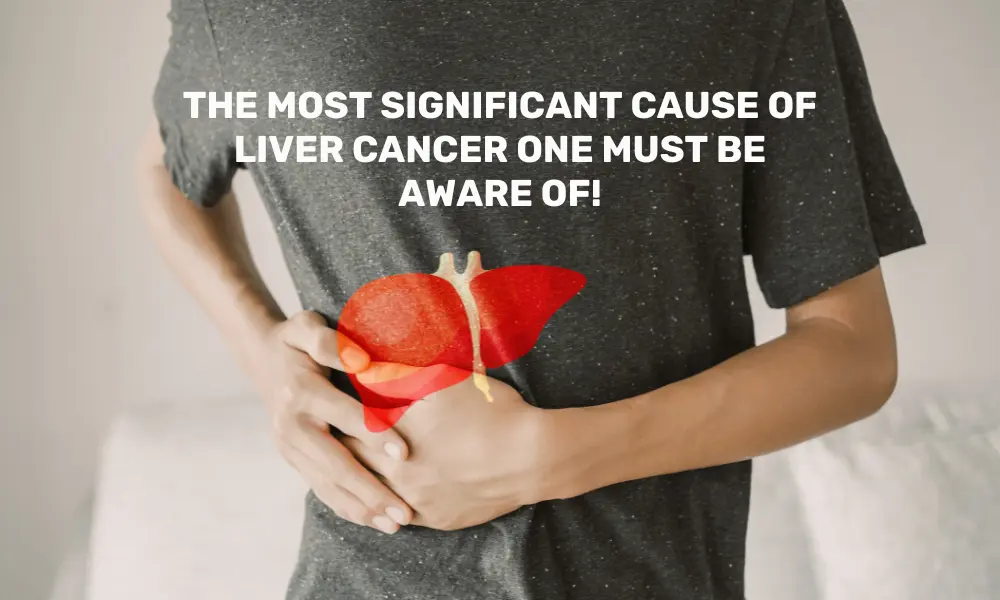Minerals are a type of nutrient that our body requires to function smoothly and it helps in our overall well-being.
Table of Contents:
-
Why are Minerals essential?
-
Functions of Minerals
-
Types & Sources of Minerals
-
Treating Minerals Deficiency
-
Effects of Excessive Minerals Consumption
Why are Minerals essential?
Among all the nutrients, the minerals are essential for our body. This nutrient aids in maintaining bone health and generating energy that our body requires to perform various functions. Minerals are an essential nutrient that helps to keep our brain, heart, bone, muscle, and hormones healthy.
Functions of Minerals
Minerals are one of the most crucial nutrients our body requires. This is because of the multiple functions that it has in the mechanism of our body.
-
Helps in muscle contraction and nerve function.
-
It is essential for building healthy and strong bones.
-
Vital for the functioning of muscle and nervous system.
-
Produces energy from the food we eat.
-
It helps in Storing energy for metabolisms.
-
Helps in the circulation of oxygen to the entire body.
-
It helps maintain water balance.
-
Aids in healing of injuries.
-
Essential for our immune system.
Types & Sources of Minerals
Minerals are broadly categorized into two categories: macro-minerals and micro-trace minerals.
Macro-minerals: These minerals are required by our body in large amounts. The six essential macro-minerals are calcium, magnesium, phosphorus, sodium, potassium, chloride, and Sulphur.
Micro-minerals (Trace Minerals): These minerals are required by our body in smaller amounts than macro-minerals. Microminerals include chromium, cobalt, copper, fluoride, iodine, iron, manganese, molybdenum, selenium, and zinc.
Sources of Minerals
1. Calcium: Almonds, Milk, Broccoli, Canned Fish, Garlic, and Cashew
2. Chloride: Table Salt, Soy Sauce, liver, Unprocessed Meat, Milk, and Peanuts
3. Copper: Milk, Wholegrains, Crab, Lobster, Mussels, Oysters, Nuts, and Yeast extract
4. Iodine: Seafood, Seaweed, and Iodized salt
5. Iron: Baked Potato, Meat, Eggs, Beans, Dried Fruits, Vegetables, Whole Grains
6. Magnesium: Honey, Almonds, Seafood, Tuna, Chocolates, Pineapple, Pecans, Artichokes, and Green Leafy Vegetables
7. Manganese: Cereals, Nuts, Oils, Vegetables and Wholegrains
8. Sodium: Table Salt, Cheese, Milk, Soy Sauce, and Unprocessed Meat
9. Sulphur: Cheese, Eggs, Nuts, Turnips, Onions, Fish, Wheat Germ, Cucumbers, Corn, Cauliflower, and Broccoli
10. Phosphorus: Mushrooms, Meat, Cashews, Oats, Fish, Beans, Squash, Pecans, Carrots, and Almonds
11. Potassium: Spinach, Celery, Tomatoes, Bananas, Lemons, Mushrooms, Pecans, Raisins, Strawberries, and Figs
12. Zinc: Beef, Pork, Dark Meat, Chicken, Cashews, Almonds, Peanuts, Beans, Split Peas, and Lentil
Treating Minerals Deficiency
Deficiency in a particular nutrient often develops slowly over time and can be caused by several reasons. Mineral deficiencies can lead to multiple health problems, such as fatigue, weak bones, or a decreased immune system.
There are five main categories of mineral deficiency: calcium, iron, magnesium, potassium, and zinc.
The treatment of minerals deficiency differs depending on the type of mineral one is deficient in. Accordingly, dietary changes are a must, along with supplements if required. One must consult a dietician for better guidance to treat the deficiency.
Effect of Excessive Mineral Consumption
Too much of anything is dangerous. Similarly, excess mineral intake might lead to certain illnesses in the body.
-
Too much calcium in our diet may cause kidney problems and constipation.
-
Excess zinc intake causes diarrhea, vomiting, heart problems, and kidney malfunction.
-
Too much sodium in blood cells may increase the risk of heart-related disorders and Hypernatremia.
-
Excess iron can result in liver disease, cardiovascular problems, loss of interest in sex, leading to infertility, and impotence.
Consuming more than the recommended doses of minerals may be more harmful than a mineral deficiency. Therefore, the best thing is to have a balanced diet as it can prevent mineral deficiencies, and mineral supplements must be taken under a doctor‘s guidance only.




